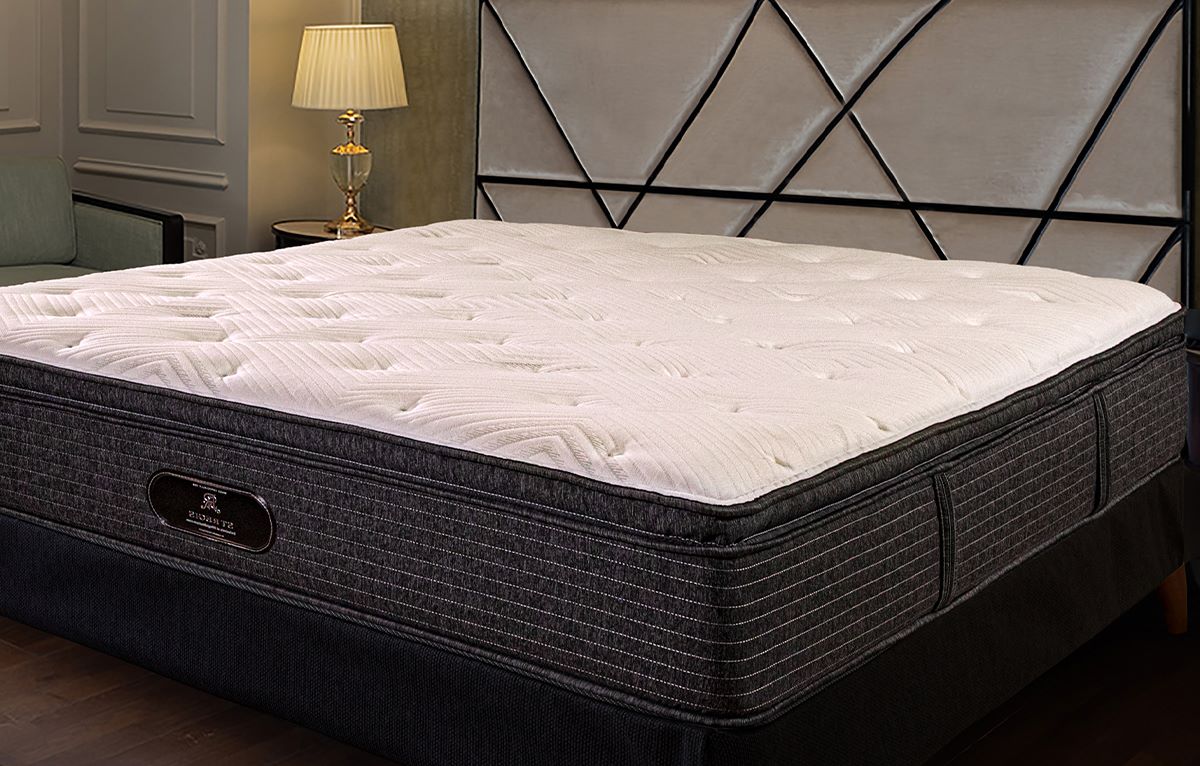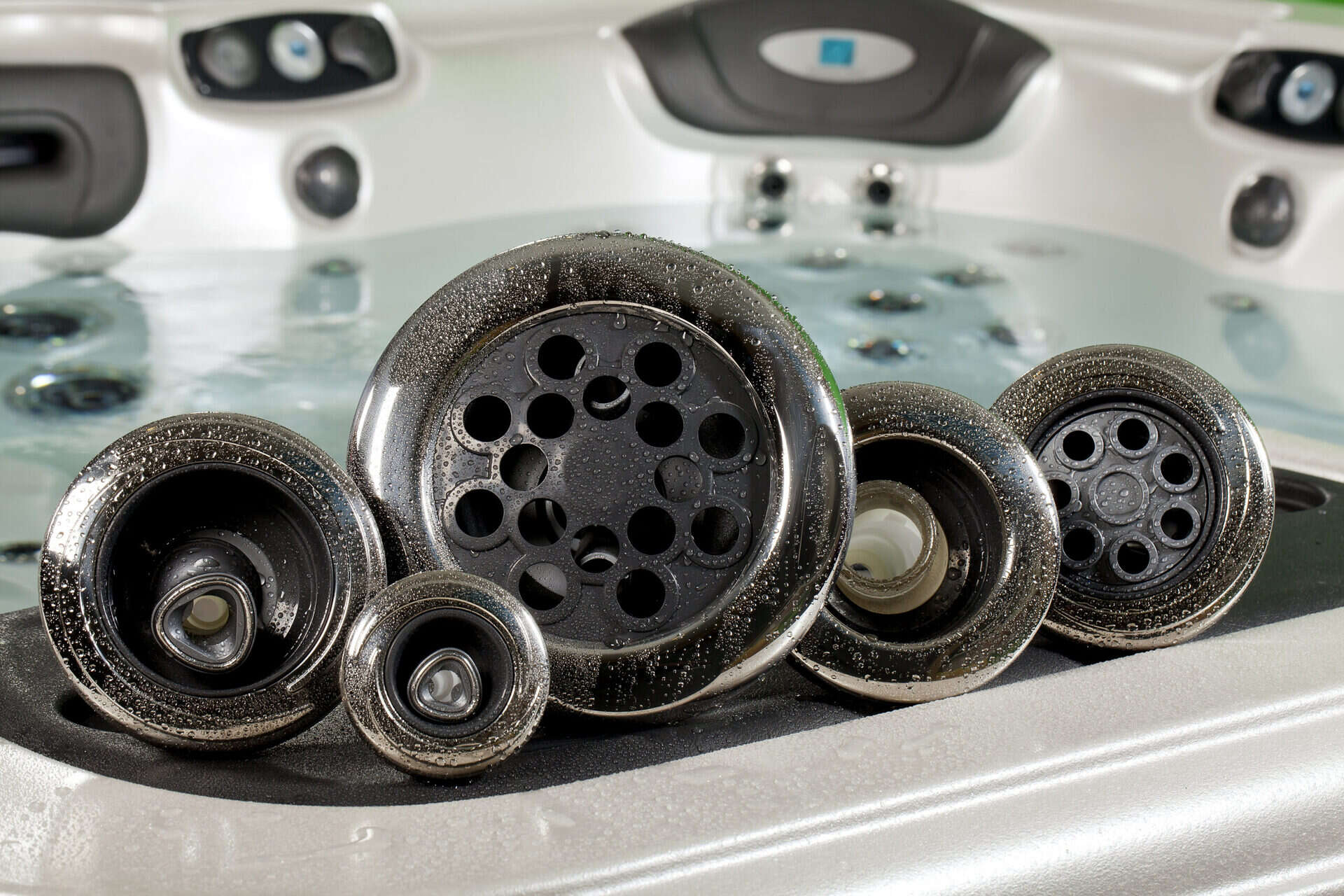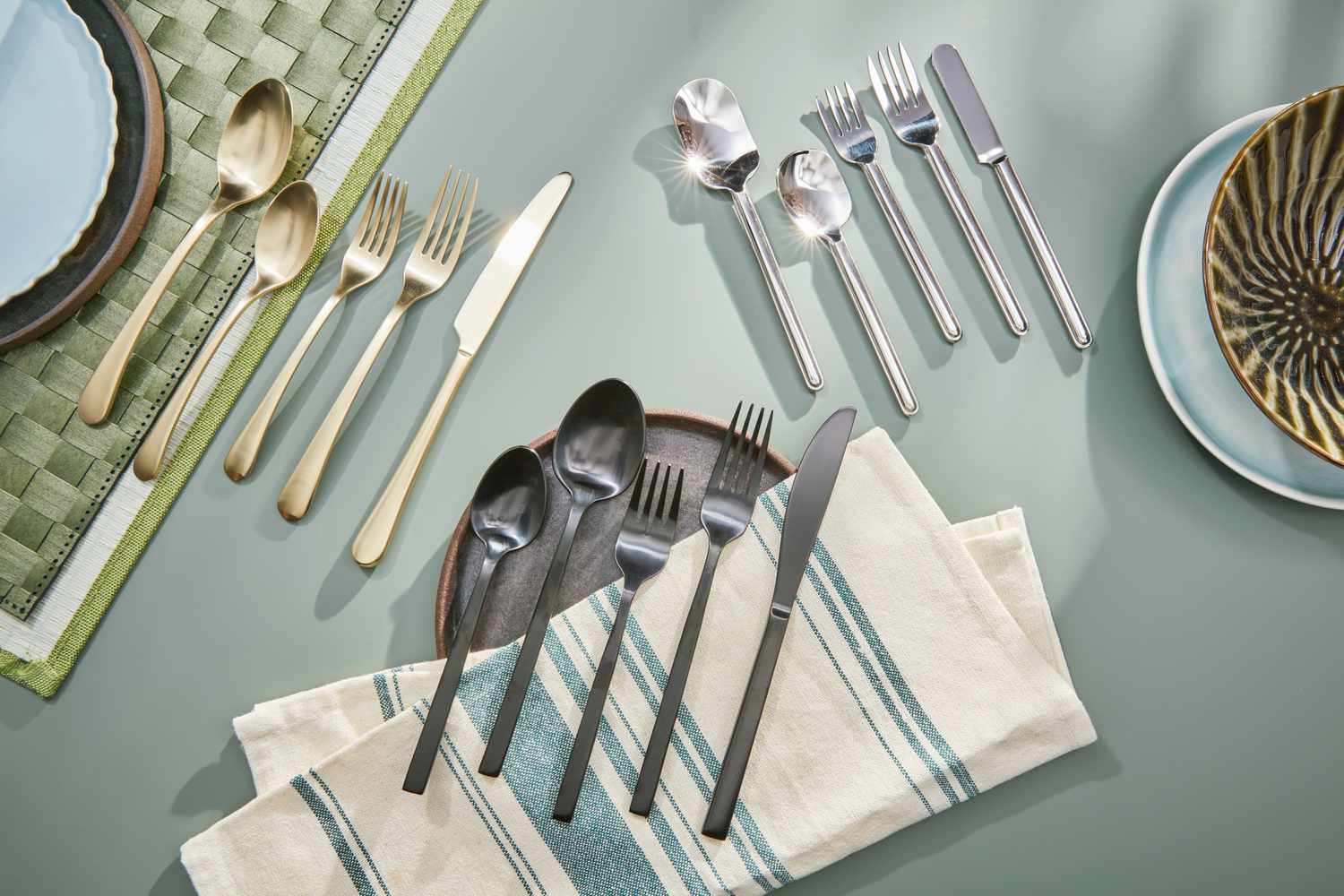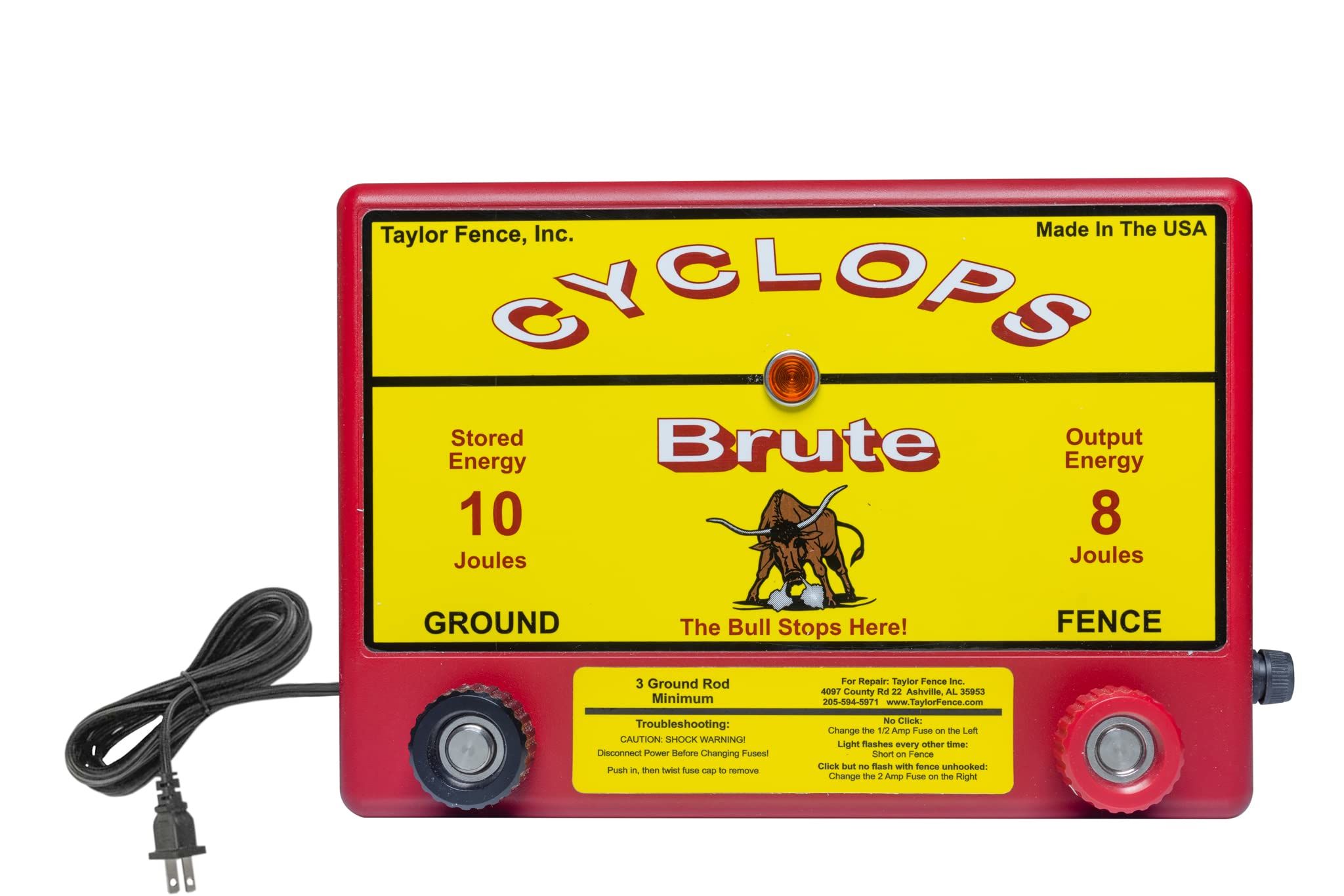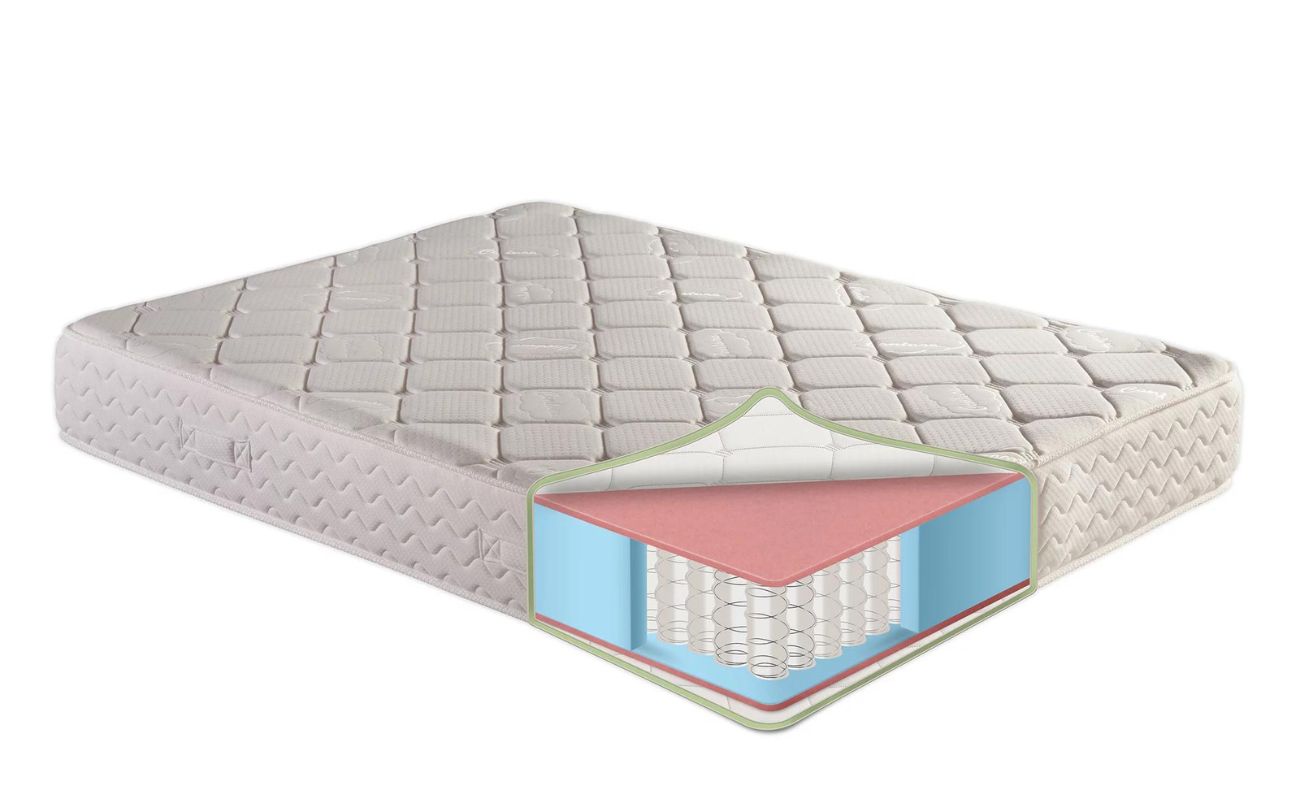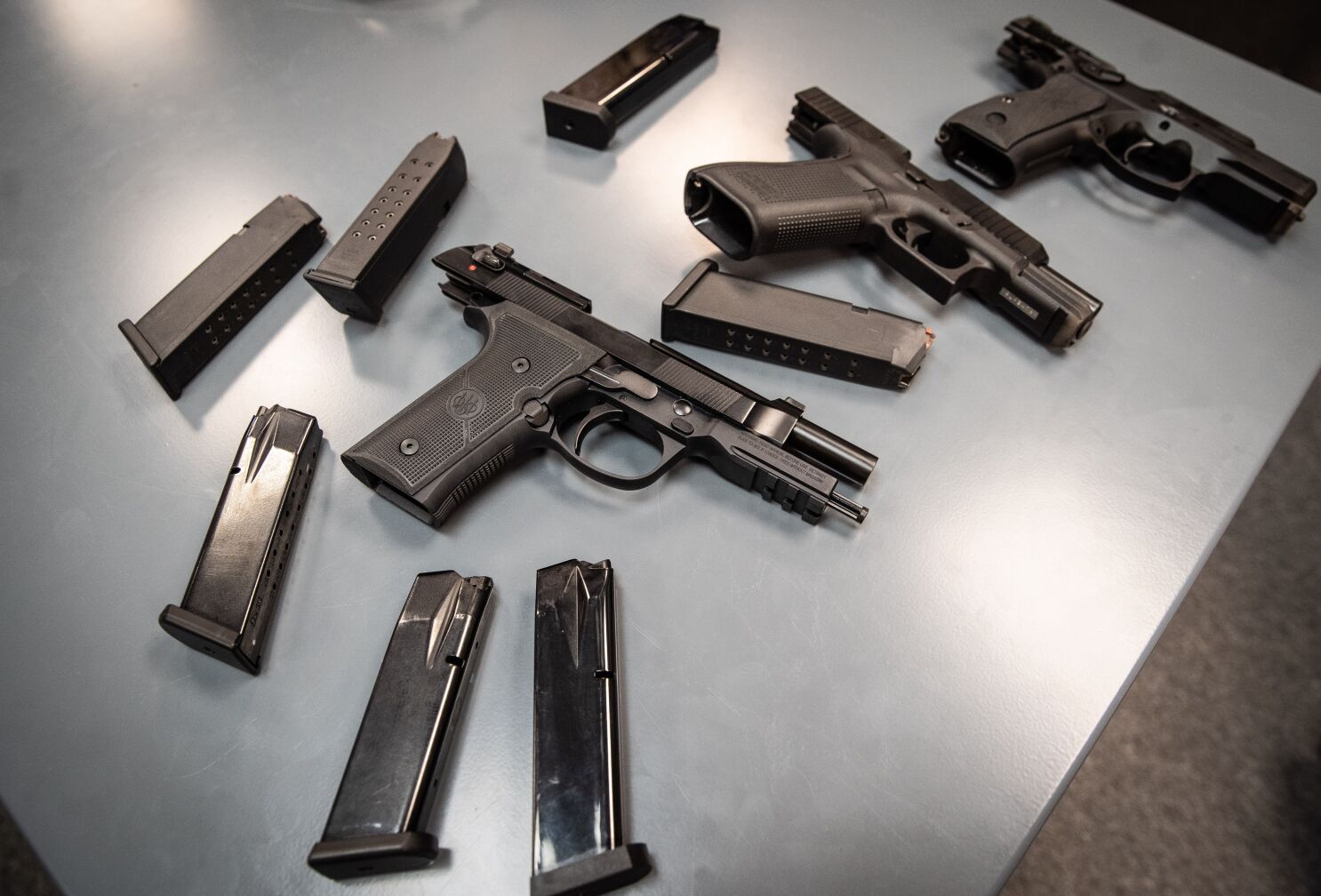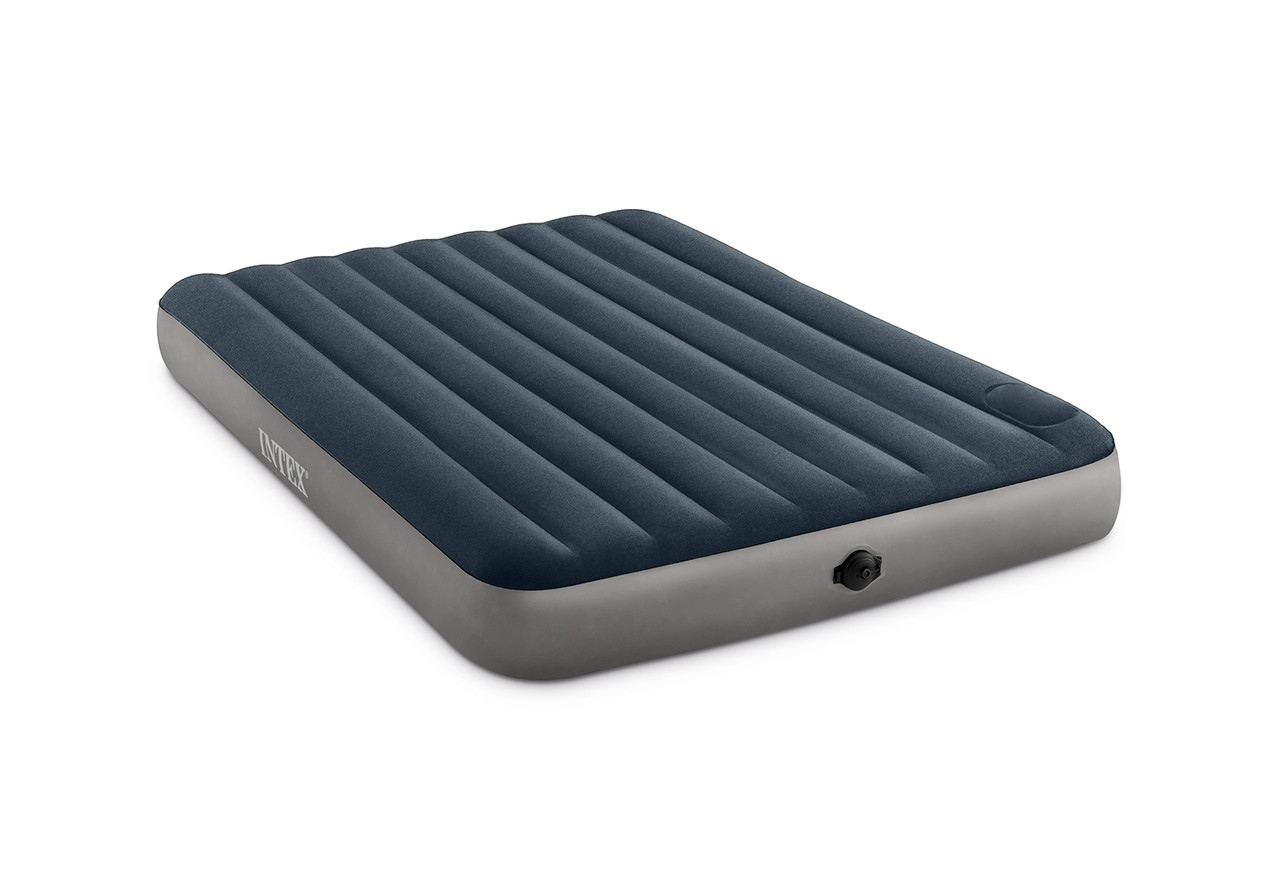Home>Furniture>Bedroom Furniture>How Many Coils Should A Queen Mattress Have
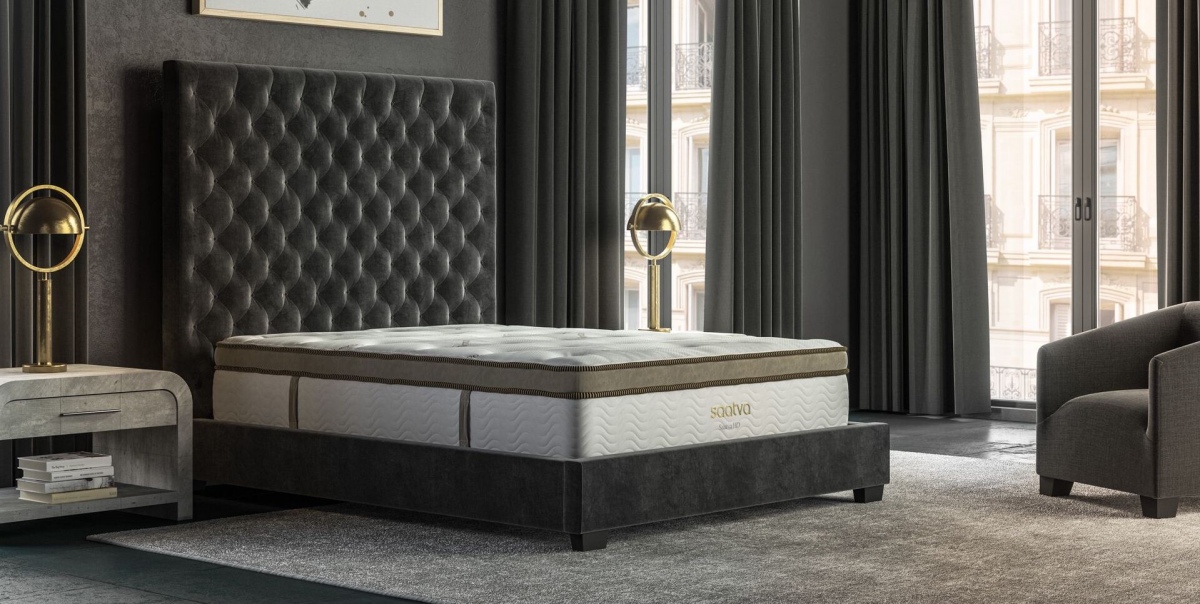

Bedroom Furniture
How Many Coils Should A Queen Mattress Have
Modified: January 4, 2024
Find out the ideal number of coils for a queen mattress in our comprehensive guide to bedroom furniture. Create the perfect sleeping environment for ultimate comfort and support.
(Many of the links in this article redirect to a specific reviewed product. Your purchase of these products through affiliate links helps to generate commission for Storables.com, at no extra cost. Learn more)
Introduction
Welcome to the world of bedroom furniture, where comfort, style, and functionality come together to create the perfect space for rest and relaxation. Among the key elements in any bedroom setup is the mattress, specifically the queen mattress. As one of the most popular mattress sizes, the queen mattress offers ample space for individuals or couples to enjoy a restful night’s sleep.
When it comes to choosing a queen mattress, there are several factors to consider, with one of the most important being the coil count. The coil count refers to the number of coils, or springs, within the mattress. The coil count directly impacts the support, durability, and overall comfort of the mattress. In this article, we will explore the significance of coil count in a queen mattress and provide guidance on choosing the right coil count for your needs.
But before we delve into the world of coil counts, let’s take a closer look at what exactly a coil is in a mattress.
Key Takeaways:
- The coil count of a queen mattress significantly impacts support, comfort, and durability. Consider factors like body weight, sleeping position, and personal preference when choosing the ideal coil count within the recommended range of 600-1,000 coils.
- Understanding how to determine the actual coil count of a queen mattress is essential for making an informed decision. Consult the manufacturer or retailer, inspect the mattress, refer to the warranty or user manual, or estimate coil density to ensure you select the right mattress for your needs.
Read more: How Many Cubic Feet Is A Queen Mattress
Understanding Queen Mattresses
Queen mattresses are a popular choice for many individuals and couples due to their spaciousness and versatility. Measuring 60 inches wide by 80 inches long, queen mattresses offer ample room for stretching out and getting a comfortable night’s sleep. Whether you sleep alone, with a partner, or even share the bed with a pet, a queen mattress provides the perfect balance between space and comfort.
Queen mattresses come in various types, including innerspring, memory foam, latex, and hybrid mattresses. Each type has its own unique features and benefits, catering to different sleep preferences and needs. However, regardless of the type of mattress, the coil count plays a crucial role in determining its overall performance.
Now, let’s delve deeper into the concept of coils in a mattress to better understand their significance.
What are Coils in a Mattress?
Coils, also referred to as springs, are the primary support system in an innerspring mattress. They are typically made of steel and are arranged in a grid pattern throughout the mattress. The purpose of the coils is to provide support, distribute weight evenly, and enhance the mattress’s durability and longevity.
Coils come in different shapes, gauges, and configurations, all of which contribute to the mattress’s overall performance. The most common types of coils used in mattresses are Bonnell coils, continuous coils, offset coils, and pocketed coils.
Bonnell coils are the oldest and most traditional coil type. They are hourglass-shaped and connected with helical wires, providing a bouncy and supportive feel. Continuous coils, on the other hand, are made from a single wire in a S-shaped pattern, offering a more stable and motion-isolating support system.
Offset coils are similar to Bonnell coils but feature a hinged design, allowing for better contouring to the body’s shape. Lastly, pocketed coils are individually wrapped in fabric or cloth, providing excellent motion isolation and conformability. Each type of coil has its own benefits and considerations, so understanding their characteristics is crucial when choosing a queen mattress.
Now that we have a basic understanding of coils in a mattress, let’s explore the importance of coil count in a queen mattress.
Importance of Coil Count in a Queen Mattress
The coil count in a queen mattress plays a vital role in determining its level of support, comfort, and durability. The coil count refers to the total number of coils within the mattress. Generally, a higher coil count indicates a denser arrangement of coils, which typically translates to better support and less motion transfer.
When you lie down on a queen mattress with a higher coil count, the weight is distributed evenly across more coils, resulting in better spinal alignment and pressure point relief. This can help alleviate discomfort and promote a more restful sleep.
In addition to support and comfort, the coil count also affects the durability and longevity of the queen mattress. More coils usually indicate a higher-quality mattress that can withstand years of use without sagging or losing its shape. With a higher coil count, the mattress is less prone to developing body impressions or sinking in certain areas.
Furthermore, a higher coil count can help reduce motion transfer. If you share your queen mattress with a partner, the movement or tossing and turning of one person can be felt less on a mattress with a higher coil count. This can lead to a more peaceful and undisturbed sleep, especially if you or your partner have different sleep preferences or schedules.
On the other hand, it is worth noting that coil count alone is not the sole factor in determining the qualities of a queen mattress. The type of coils used, the gauge of the coils, and the overall construction of the mattress also contribute to its overall performance. Therefore, it’s essential to consider the coil count in conjunction with other factors when choosing a queen mattress.
Now that we understand the importance of coil count, let’s explore the factors to consider when choosing the right coil count for a queen mattress.
A queen mattress typically should have around 600-1000 coils for optimal support and comfort. However, the exact number can vary based on the mattress type and individual preferences.
Factors to Consider when Choosing Coil Count for a Queen Mattress
Choosing the right coil count for a queen mattress involves considering several key factors. By taking these factors into account, you can ensure that you select a mattress with the optimal coil count for your specific needs and preferences. Here are some important factors to consider:
- Body weight: The weight of the individuals who will be using the queen mattress is an essential factor to consider. Heavier individuals may require a higher coil count to provide adequate support and prevent sagging over time. Lighter individuals, on the other hand, may find a lower coil count to be sufficient.
- Sleeping position: Your preferred sleeping position also plays a role in determining the ideal coil count. Different sleeping positions require varying levels of support. For example, side sleepers may benefit from a higher coil count to provide extra cushioning for the shoulders and hips, while back or stomach sleepers may find adequate support with a lower coil count.
- Personal preference: As with any mattress purchase, personal preference is important. Some individuals prefer a firmer mattress with a higher coil count for a more supportive feel, while others may prefer a softer mattress with a lower coil count for a plush and cushioned sensation. Consider your comfort preferences when deciding on the coil count.
- Budget: The coil count can also affect the price of a queen mattress. Higher coil counts are typically associated with higher-end mattresses, while lower coil counts are often found in more budget-friendly options. Determine your budget and find a balance between coil count and overall mattress quality.
- Brand and mattress construction: Different mattress brands and models may have unique coil configurations, which can influence the overall performance of the mattress. Research and compare different brands to understand how their specific coil counts and construction methods may impact your sleep experience.
By considering these factors, you can narrow down your options and make an informed decision when it comes to the coil count of your queen mattress. However, it is essential to keep in mind that individual preferences and comfort levels will ultimately determine the most suitable coil count for you.
Now that we have discussed the factors to consider, let’s explore the recommended coil count range for a queen mattress.
Read more: How Many Vents Should A Roof Have
Recommended Coil Count Range for a Queen Mattress
When it comes to the coil count for a queen mattress, there is no one-size-fits-all answer. The ideal coil count varies depending on individual preferences, body weight, and sleeping patterns. However, there is a general recommended range to consider when selecting a queen mattress.
For a queen-size innerspring mattress, a coil count ranging between 600 and 1,000 coils is typically recommended. This range strikes a balance between support, durability, and comfort. Keep in mind that this is a guideline, and there may be exceptions based on specific mattress brands and models.
It’s also important to note that the coil count is just one aspect of the overall mattress construction. The quality of the coils, the gauge of the wire used, and the additional comfort layers all contribute to the overall comfort and support of the mattress. So, in addition to the coil count, consider the overall construction and materials used in the mattress.
If you prefer a firmer mattress or have a higher body weight, leaning toward the higher end of the recommended coil count range may be beneficial. On the other hand, if you prefer a softer or more plush feel, a lower coil count within the recommended range may be more suitable.
Ultimately, the best way to determine the right coil count for your queen mattress is to try it out. Take the time to visit a mattress store and test different mattresses to assess their comfort, support, and overall feel. This hands-on approach will give you a better understanding of what coil count suits your preferences and needs.
Now that you have an idea of the recommended coil count range, let’s explore how to determine the actual coil count of a queen mattress.
How to Determine the Coil Count of a Queen Mattress
When shopping for a queen mattress, it’s important to have a clear understanding of the actual coil count. This information can help you make an informed decision and compare different mattresses accurately. Here are a few methods to determine the coil count of a queen mattress:
- Consult the mattress manufacturer or retailer: Many mattress manufacturers and retailers provide the coil count information for their mattresses. Check the product description, specifications, or consult the salesperson to obtain the exact coil count before making a purchase.
- Inspect the mattress: If possible, examine the mattress closely. Look for a tag or label that may provide information about the coil count. This information can often be found on the law tag, which is usually located at the foot of the mattress. The tag may contain details about the coil count as well as other important information about the mattress.
- Refer to the mattress warranty or user manual: Some mattresses come with a warranty or user manual that includes detailed specifications, including the coil count. Check these documents for the coil count information. If you don’t have the original documents, try searching for the mattress model online to find the specifications.
- Measure the coil density: If you’re unable to find a specific coil count, you can estimate the coil density. Measure the length and width of the mattress and count the number of visible rows and columns of coils. Multiply the number of rows by the number of columns to get a rough estimate of the coil density. Keep in mind that this method provides an approximation and may not be as accurate as manufacturer-provided information.
Remember, the coil count is just one factor to consider when choosing a queen mattress. It’s essential to evaluate other aspects such as the type of coil, wire gauge, and overall construction to ensure you select a mattress that meets your comfort and support preferences.
Now that you know how to determine the coil count, let’s wrap up our discussion.
Conclusion
Choosing the right coil count for a queen mattress is a crucial decision that can greatly impact your sleep quality and overall comfort. The coil count directly influences the support, durability, and motion transfer of the mattress. By understanding the importance of coil count and considering various factors, you can make an informed decision.
Remember to take into account your body weight, sleeping position, personal preference, and budget when selecting the coil count. Additionally, consider the brand and mattress construction as these factors play a significant role in the overall performance of the mattress.
A recommended coil count range for a queen mattress typically falls between 600 and 1,000 coils. However, this range is just a guideline, and your individual preferences may differ. Testing out different mattresses and seeking information from the manufacturer or retailer can help you determine the actual coil count of a specific mattress.
Ultimately, finding the right coil count involves finding a balance between support, comfort, and durability that aligns with your preferences and needs. By considering all these factors and choosing a queen mattress with the appropriate coil count, you can create a sleep sanctuary where restful nights and rejuvenating mornings are the norm.
Your quest for the perfect queen mattress starts with understanding the importance of coil count and ends with selecting the ideal one that offers you the support and comfort you desire. So, happy mattress shopping and here’s to many nights of blissful sleep on your new queen mattress!
Frequently Asked Questions about How Many Coils Should A Queen Mattress Have
Was this page helpful?
At Storables.com, we guarantee accurate and reliable information. Our content, validated by Expert Board Contributors, is crafted following stringent Editorial Policies. We're committed to providing you with well-researched, expert-backed insights for all your informational needs.

